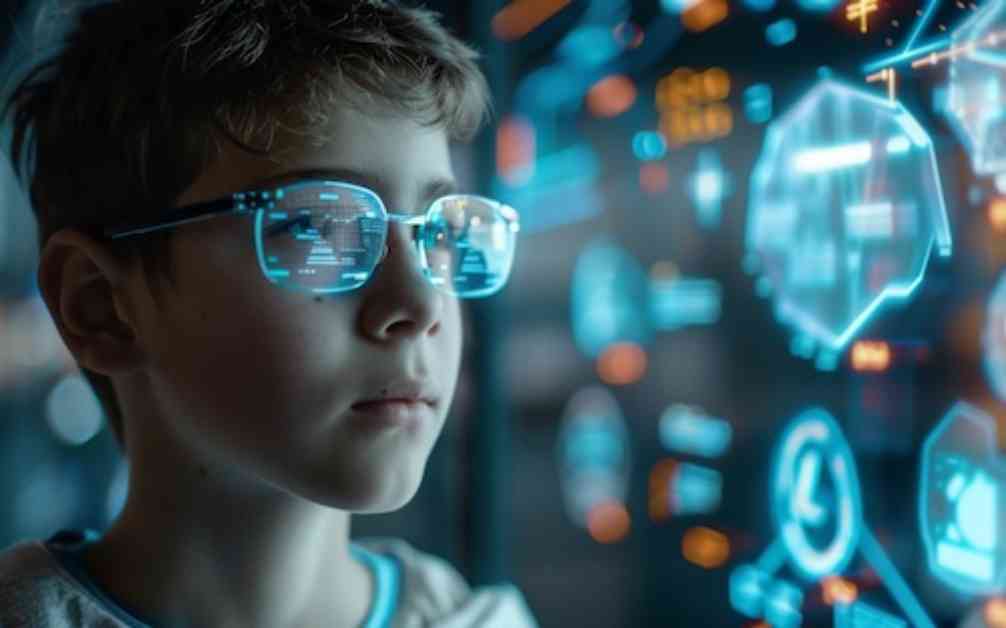As a parent, the decision to incorporate artificial intelligence (AI) into your child’s education can be a daunting one. With the rise of AI technology, many parents are left wondering if it is beneficial for their children’s learning journey. AI has the potential to assist in developing soft skills, such as problem-solving and critical thinking, but it is important to remember that these skills are inherently human capabilities.
One key aspect to consider is the transformative role of AI in accessibility. AI can provide personalized tutoring, adapting content delivery to suit individual learning styles and preferences. It can offer a variety of resources, such as videos, interactive exercises, and reading materials, to cater to the needs of each student. However, while AI can adjust content, it may not be able to fully tailor its teaching methods in the same way a human tutor can.
Furthermore, educators are generally more comfortable with the use of AI in education compared to students. While AI can present challenging problems and scenarios to encourage critical thinking, it may struggle to foster deeper critical thinking skills that require nuanced understanding and interactive discussions. Human tutors have the ability to guide students through complex reasoning processes and inspire a genuine love of learning through personal experiences and deep interests in different subjects.
Effective tutoring not only motivates and inspires students but also boosts their confidence and motivation. Human tutors can identify what excites and motivates students, providing individualized attention that can significantly impact a student’s attitude towards learning. Additionally, tutors encourage accountability in students, making them more likely to engage and persevere in finding answers on their own.
To ensure that AI serves as a meaningful support for learning, parents need to understand their child’s skills and behaviors. By asking key questions about their child’s ability to create prompts for learning and their willingness to use those prompts instead of seeking answers from AI, parents can navigate the use of AI in their child’s education effectively.
In a rapidly changing world that demands high-level 21st-century skills, such as problem-solving, creative thinking, and collaboration, it is essential to remember that deep learning is best supported through meaningful human interactions. While AI can assist in developing soft skills, it is important to recognize that these skills are uniquely human and best nurtured through personal connections with tutors, teachers, and parents.
By striking a balance between AI integration and human interaction, parents can provide their children with a well-rounded educational experience that fosters a genuine love of learning and equips them with the skills needed to thrive in the future.

